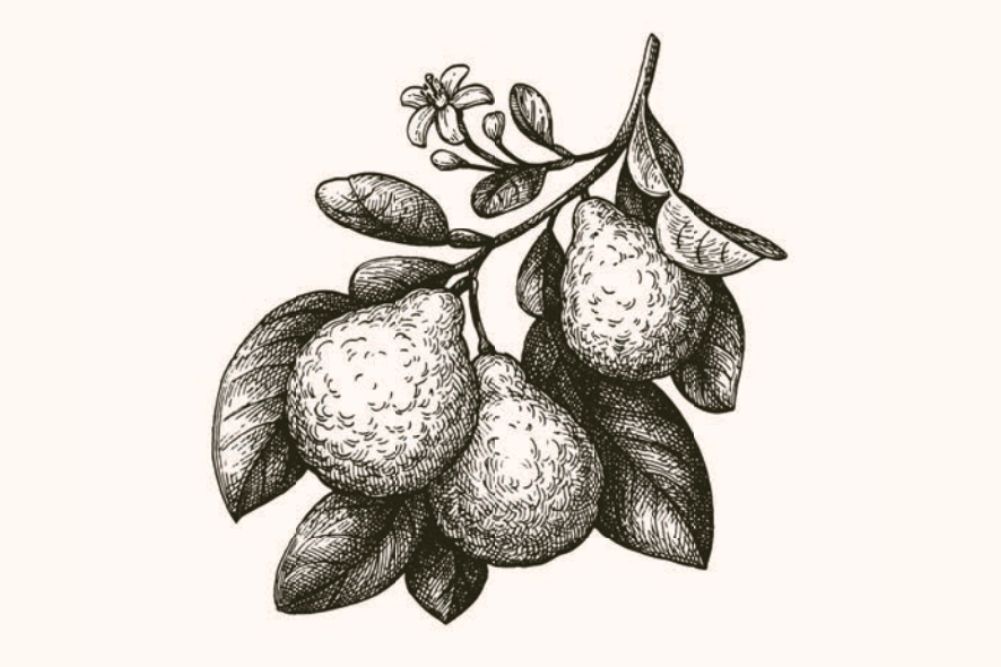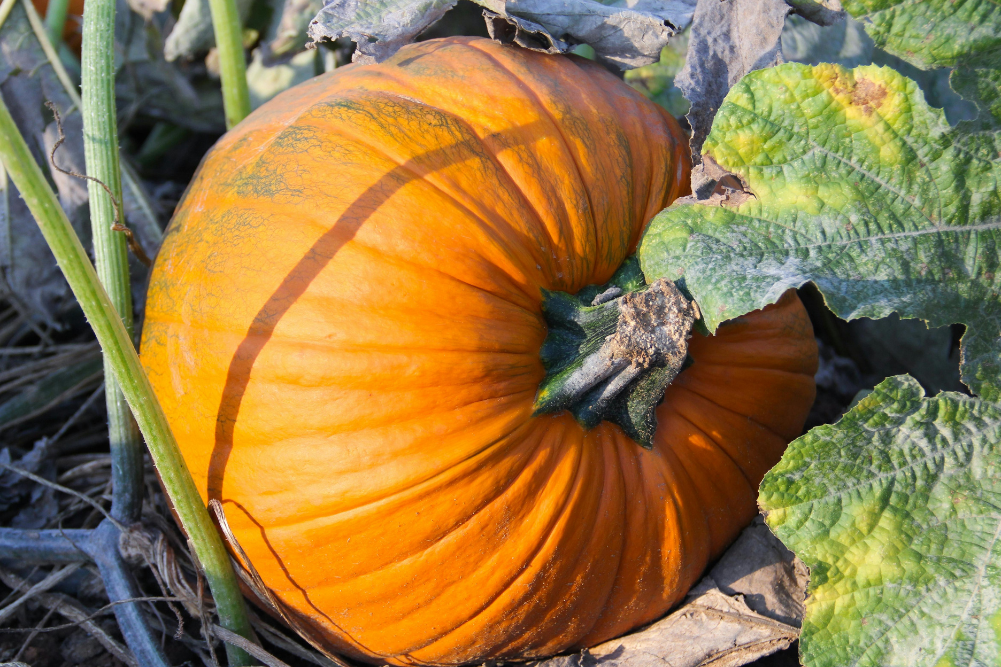Composting your best choice
In the 1970s people wore flared pants because they thought they looked good; an example of a misguided belief. In the 1930s and 1940s people smoked cigarettes because they thought it made them look cool; another misguided notion. Ideas can come into vogue without substantial backing which is why it is good every now and then to hold your own ideas up the light of scrutiny. That is what was done in a new study that looked at whether composting of food scraps is really a worthwhile thing to do.
In Australia food waste makes up around 40 per cent of what goes into garbage bins. Estimates are that this extrapolates to over 4 billion tonnes of food being thrown out every year. Some of this food, if used earlier or even when it is actually thrown out, could still be used as food (by organisations like Oz Harvest (ozharvest.org) but a lot of it is genuine food scraps. So what is the best use of that waste material?
The new study was an American one and it analysed new changes to the US Environmental Protection Agency model that helps planners estimate greenhouse gas emissions such as methane depending on whether materials are composted, recycled, burned, or put into landfill. The model calculates how much methane is produced over time by compost compared to how much is produced as organic matter decays in landfills, as well as considering how much is captured in collection systems.
Composting was a good idea and it remains your best option when it comes to dealing with food waste.
The analysis found that in the US 95 per cent of food waste goes into landfill rather than being composted. It was a better story with yard waste like lawn clippings and branches as more than 50 per cent of this went into compost. Additionally, food scraps in compost produce significantly less methane than food scraps left to decay in landfill. This is because when organic material such as food scraps and green waste is put in landfill, it is generally compacted down and covered. This removes the oxygen and causes it to break down in an anaerobic process and eventually this releases methane, a more potent greenhouse gas than carbon dioxide.
In Australia local councils face significant economic costs associated with landfills while of course landfills are an unsustainable environmental hazard in many ways. Encourage your local council to employ composting strategies, they might listen because there is an economic advantage in it to them as well, and of course compost at home. Composting was a good idea and it remains your best option when it comes to dealing with food waste.








